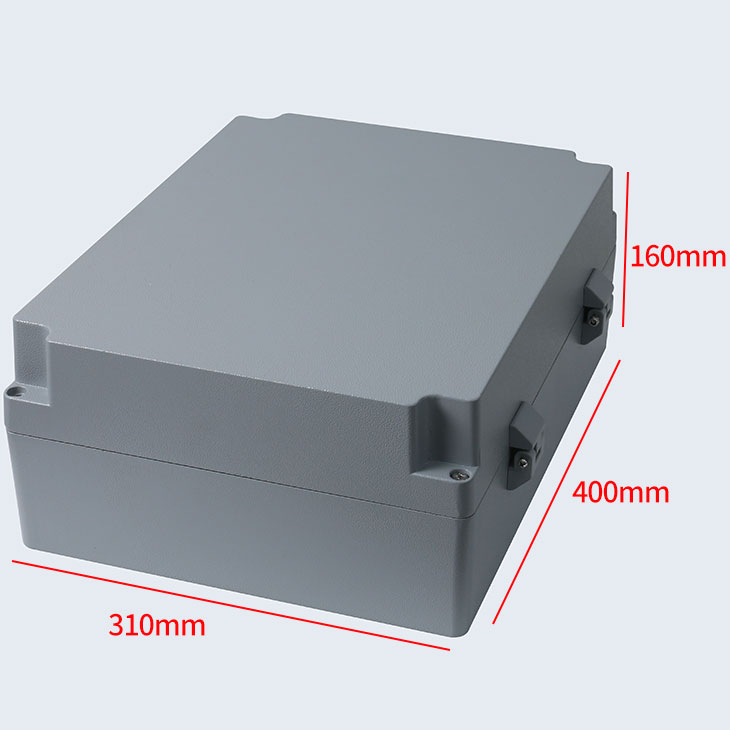The Versatility and Benefits of Aluminum Enclosures
2025-01-03
When it comes to housing sensitive equipment or creating protective casings for various applications, aluminum enclosures have become a go-to solution across industries. Their lightweight nature, durability, and versatility make them a preferred choice for engineers, designers, and manufacturers. This article explores the key advantages of aluminum enclosures and why they are indispensable in modern applications.
Durability and Strength
Aluminum is renowned for its excellent strength-to-weight ratio. Enclosures made from aluminum can withstand significant wear and tear, making them suitable for challenging environments. Whether it's exposure to extreme temperatures, moisture, or corrosive elements, aluminum enclosures maintain their structural integrity while protecting internal components.
Lightweight Design
One of the standout features of aluminum is its lightweight nature. Despite its strength, it is considerably lighter than materials like steel, making it ideal for applications where weight is a critical factor. For instance, in aerospace or portable electronic devices, an aluminum enclosure reduces the overall weight without compromising durability.
Corrosion Resistance
Unlike other metals, aluminum naturally forms a thin oxide layer when exposed to air, which protects it from corrosion. This makes aluminum enclosures highly resistant to rust, even in humid or marine environments. Industries like marine engineering and outdoor electronics often prefer aluminum enclosures for this reason.
Aesthetic Appeal and Versatility
Aluminum enclosures are not just functional; they are also aesthetically pleasing. The material can be anodized, powder-coated, or painted to achieve various finishes and colors. This makes them suitable for consumer-facing products, where appearance is as important as functionality. Additionally, aluminum can be easily molded and machined into complex shapes, offering designers flexibility to create custom solutions.
Thermal Conductivity
Aluminum is an excellent conductor of heat, which makes it ideal for applications requiring efficient heat dissipation. Many electronic devices, including power supplies and communication equipment, use aluminum enclosures to manage heat and prevent overheating.
Environmentally Friendly
Aluminum is 100% recyclable without any loss of its properties, making it an environmentally friendly choice. Recycling aluminum requires only 5% of the energy used to produce it from raw materials, significantly reducing its environmental impact. This aligns with the growing demand for sustainable manufacturing practices.
Applications of Aluminum Enclosures
1. Electronics: Aluminum enclosures protect sensitive electronic components, offering shielding against electromagnetic interference (EMI).
2. Automotive: Used for battery housings and control units in electric vehicles.
3. Industrial Equipment: Provides durable and reliable housing for machinery and tools.
4. Aerospace: Lightweight and corrosion-resistant enclosures are ideal for aviation and space applications.
5. Consumer Products: Enclosures for cameras, smartphones, and audio equipment highlight their sleek designs and functionality.
Conclusion
Aluminum enclosures are a testament to the versatility and ingenuity of modern materials engineering. Their blend of durability, lightweight construction, and environmental benefits make them indispensable across a wide range of industries. Whether you're designing a rugged outdoor device or a sleek consumer gadget, aluminum enclosures provide the perfect balance of functionality and style.



